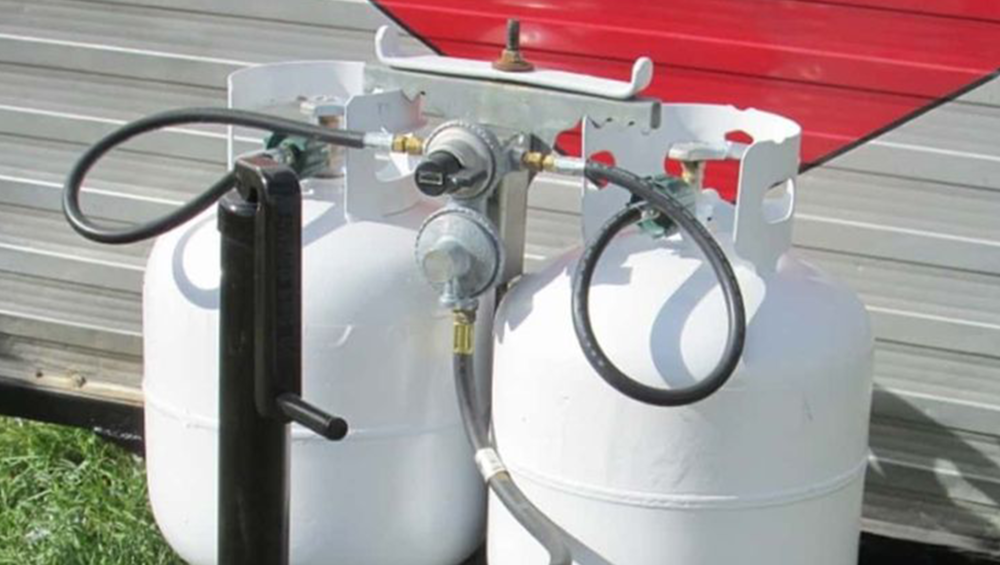Hotels and resorts use propane for powering appliances, heating, and cooking. Propane is an efficient fuel source, which makes it a popular choice amongst many people. While propane offers many benefits, safety must be considered first when one’s working with it. Here are some essential propane safety tips for hotels and resorts to ensure a safe environment for their guests and staff.

- Close Cylinder Valves When Not in Use
One thing to always keep in mind is to turn off the propane cylinder valves when they are not in use. Accidentally leaving the valve on can cause leaks and hazards to people in the area. When you ensure that the valves are securely closed when the cylinder is not in use, it prevents gas from escaping. It’s also a good idea to educate your staff on the proper procedures during propane refill processes.
- Provide Proper Safety Training to Staff
One needs to know the risks associated with working with propane. Proper safety training is essential for any staff member handling propane. Hotels and resorts should invest in comprehensive training programs that cover all aspects of propane safety, such as handling, storage, and emergency response.
Many propane companies offer safety training programs. You can partner with a reputable propane supplier to educate your staff about emergency procedures. Trained staff can quickly and efficiently address any issues that arise. This will ensure the safety of both guests and employees in the hotels.
- Keep the Cylinder in an Upright Position
Do not keep your propane cylinders horizontally. An upright position reduces the escape of liquid propane. Keeping the tanks in an upright position prevents leaks and ensures the pressure relief valve functions correctly. This safety tip is most important when propane is being delivered and stored.
- Keep the Tanks Away from Any Flammable Materials and High Temperatures
Propane is highly flammable. You should always store propane cylinders away from any inflammable materials and high temperatures. This includes keeping them away from direct sunlight, electrical equipment, and other heat sources. Proper storage facilities should be well-ventilated. The storage areas should be clearly marked to prevent unauthorized access. Always consider the environment where the propane cylinders will be stored to minimize risks.
- Get Regular Checkups
To keep your staff and customers safe, regular inspections of your propane equipment are very important. Schedule regular checkups with your propane supplier so they can check the cylinders for leaks and other potential issues. These inspections should cover all propane tanks, lines, and appliances.
Maintenance can prevent many common issues. It also lets your propane system operate efficiently and safely. Many propane companies near you offer maintenance services as part of their delivery of propane.
Additional Tips for Safe Propane Use
- Use Approved Equipment: Ensure that all propane appliances are approved for use by safety authorities. Using faulty equipment can cause dangerous situations.
- Install Carbon Monoxide Detectors: Propane appliances can produce carbon monoxide. By installing these detectors in areas where propane is used, an early warning is given if dangerous levels of carbon monoxide are detected. This way, you can take immediate action.
- Conduct Emergency Drills: You should have emergency contact numbers. Have an emergency plan in place that includes evacuation procedures. Conduct regular drills so that all staff members are familiar with this plan.
Conclusion
By following these propane safety tips, hotels and resorts can provide a safe environment for guests and staff while benefiting from propane. Remember, safety is an ongoing process that requires regular attention and updates. Whether you’re managing a small hotel or a large resort, prioritizing propane safety can prevent accidents and ensure smooth operations.


